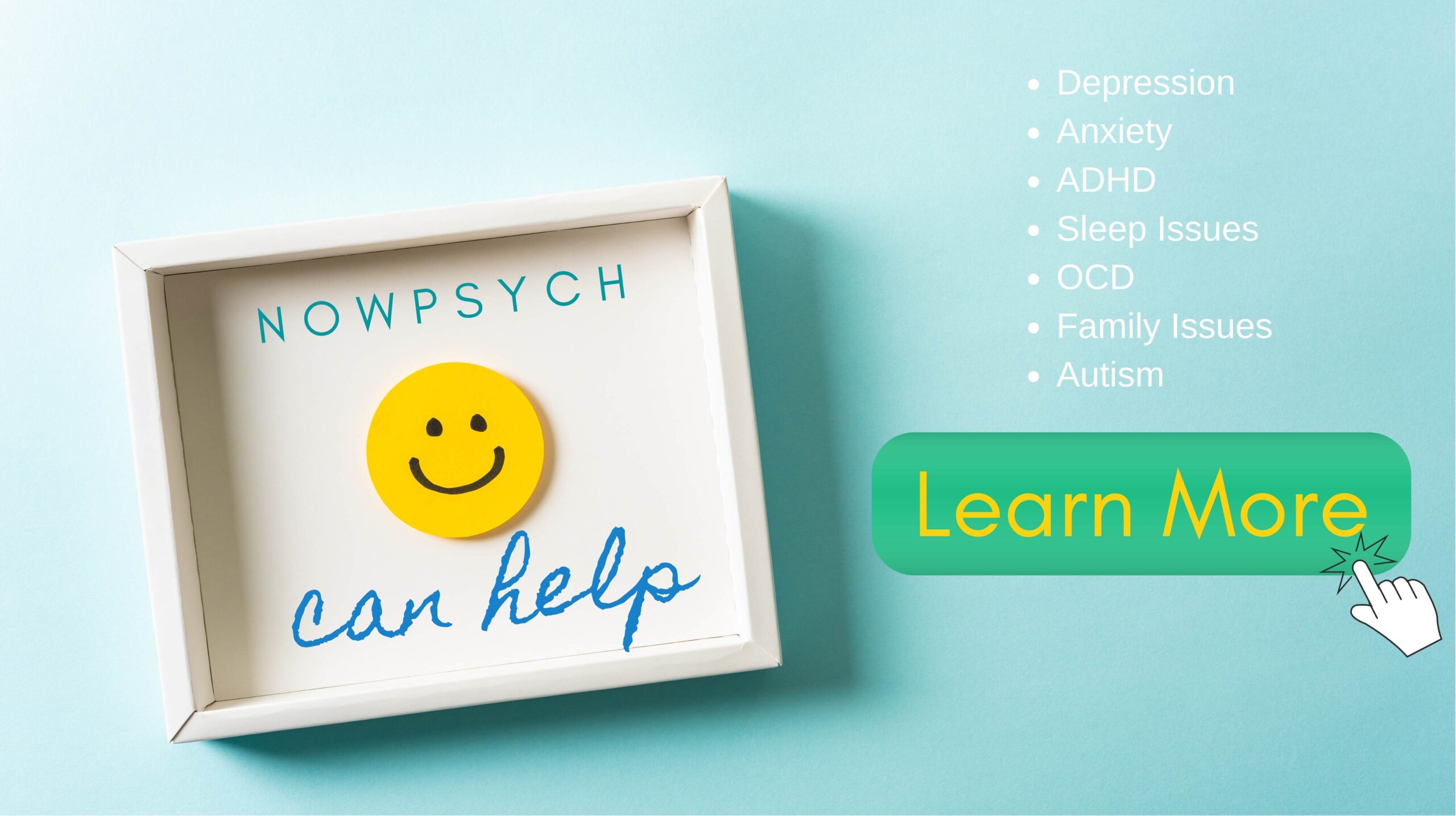Behavioral Health
When it comes to behavioral health, many individuals find themselves suffering from issues pertaining to depression, anxiety, weight loss, drinking and drug use, or more. This has also led to a considerable amount of healthcare providers offering options to individuals that find themselves struggling with a behavioral health issue. While behavioral health is vital to all people, many are actually unaware of what it actually is and how it differs from your mental health. Therefore, what is behavioral health?
What is Behavioral Health?
Behavioral health includes the connection between behaviors and the overall health and wellness of the body, mind, and spirit. The best way to think about it is that behavioral health is an umbrella term that can include both the physical and mental health issues. This also includes behaviors affecting health such as sleeping habits, drinking, eating, substance use (alcohol and drugs), and exercise, considering they all impact your physical health and/or mental health.
While this is the present day definition, this was not always the case. During the 1970s and 80s, behavioral health was defined as behaviors that cause or prevent illness or promote health. As the term became more and more common and prevalent, the term began to include behaviors that helped people with managing disease or were harmful to their health as well. The most recent addition to the term was the incorporation of mental health. Overall, behavioral health is looked at as the broad term that includes various areas of your body’s health, ranging from your physical health to your mental health.
How Behavioral Health is Different From Mental Health
In short, behavioral health affects both overall health and mental health. Behavioral health is very important to understand when looking at how our behaviors may affect our health. It encumbers the entirety of a person’s health as opposed to only taking a look at one’s mental health, which is the main difference between the two. Ultimately, this is how you are able to perceive the noticeable difference and results between behavioral and mental health and what approach you should tackle, depending on your needs.
An example of this would include a person that smokes or is obese. While a mental health professional may take a look at the psychological reasoning behind why an individual may stress eat or smoke, a behavioral health professional will take a look at a variety of the behaviors that contributed to these harmful behaviors and outcomes. This is because these behaviors harm and primarily affect one’s physical health. At times, behavioral health topics may not fall into the category of mental health.
This is how people with mental health issues may be able to benefit from behavioral health principles and treatment. It is a common belief within behavioral health professionals that changing the behavior of an individual or family could lead to enhanced thinking patterns and overall health and may help people cope with mental health conditions. This may fall hand in hand for treatment of individuals with depression, anxiety, or any other disorder that makes life challenging. Instead of solely looking at the mental health of an individual, taking a look at the behavioral health as well, that may be prolonging the symptoms of the disorders, could be extremely beneficial in taking the next steps to bettering their life.
Dr. Sean Paul, MD is a psychiatrist who sees people of all ages both in person and via online psychiatry.




